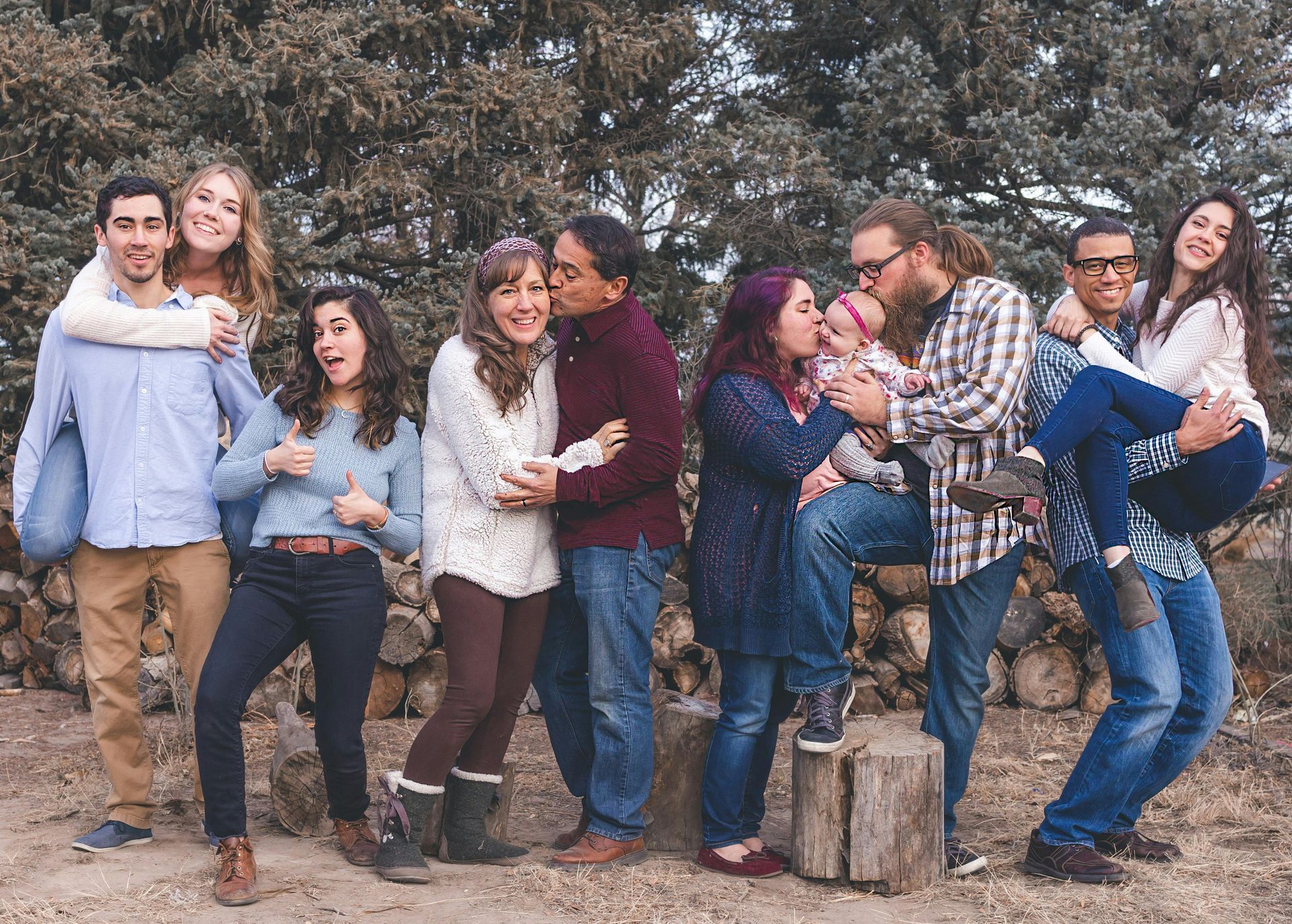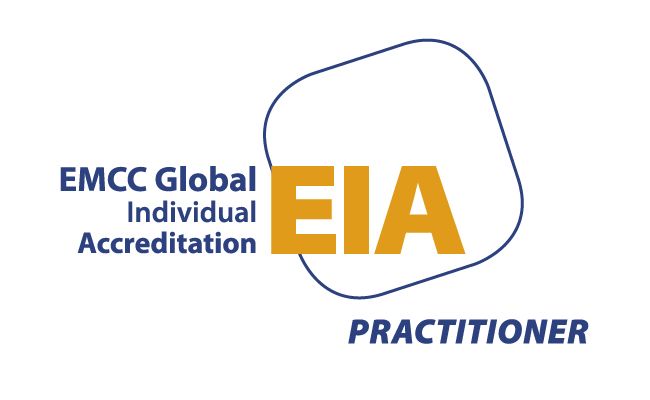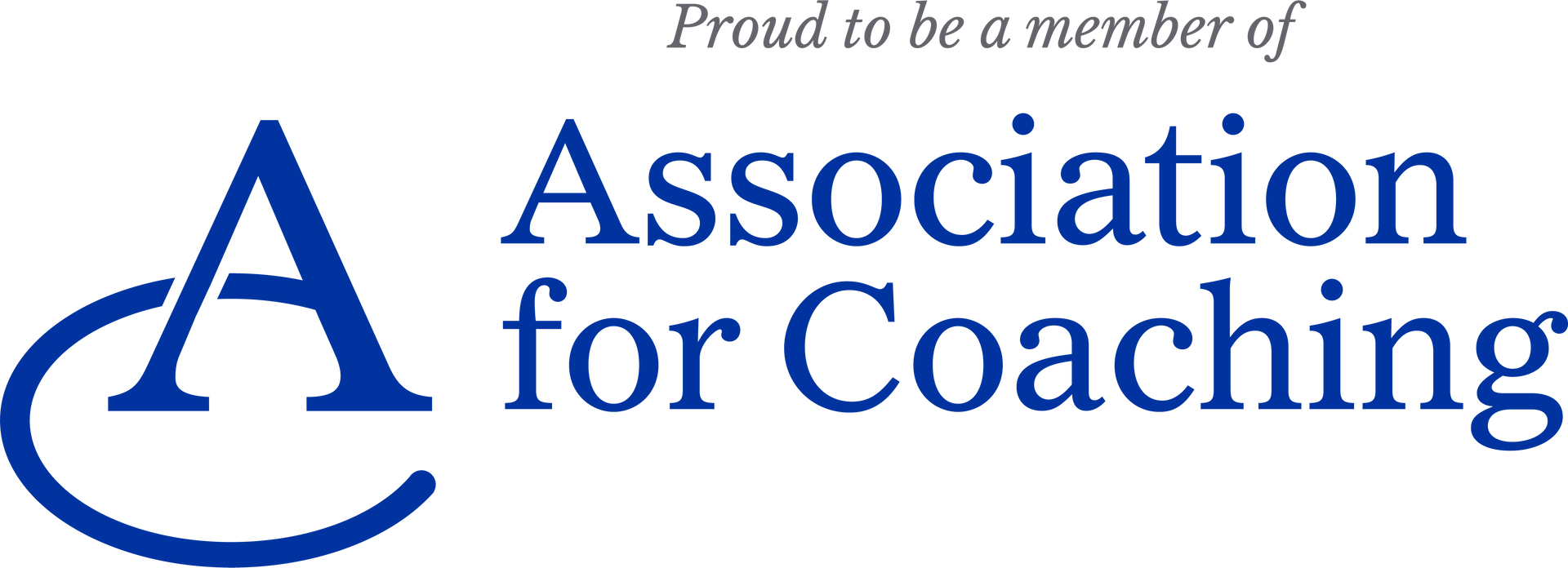Trusting Friends to enable Leadership
Barbra Carlisle • March 16, 2025
How friends can help us unlock our leadership potential

Taking on a senior leadership role, whether Project Director or Chair of the Board, is a significant milestone. When you think about why you took your last role do you recall seeking advice from others on whether the role was right for you?
Nick, in the throws of trying to recover from a stroke, was encouraged by a fried to write a blog. The friend had created a blog page in anticipation of Nick’s answer. Nick had been thinking about writing a book, but recovery was slow, so he accepted his friend’s challenge to start writing a blog. The blog gained momentum, ultimately resulting in a charity for stroke survivors being set up by Nick. Well timed actionable encouragement indeed!
We are often influenced by the advice and encouragement of colleagues and friends, even if in reality they know very little about what your
day job is!
While this support can be invaluable, it's essential to navigate the pros and cons of acting on others' advice and maintain control over your choices.
Pros and Cons of Acting on Others' Advice
Pros:
• Diverse Perspectives: Friends and colleagues can offer different viewpoints, helping you see challenges and opportunities from various angles.
• Emotional Support: Trusted friends provide encouragement and reassurance, boosting your confidence in making decisions.
• Experience Sharing: Colleagues who have faced similar situations can share valuable insights and lessons learned.
Cons:
• Over-Reliance: Relying too heavily on others' advice can lead to a lack of personal accountability and decision-making autonomy.
• Conflicting Opinions: Diverse perspectives can sometimes lead to conflicting advice, making it challenging to determine the best course of action.
• Pressure to Conform: Feeling obligated to follow friends' advice can result in decisions that don't align with your values or vision.
Staying in Control of Your Choices
To maintain control over your choices while benefiting from others' advice, consider the following strategies:
• Reflect
on Advice: Take time to reflect on the advice you receive and how it aligns with your goals and values.
• Seek
Multiple Opinions: Gather insights from various sources to ensure a well-rounded perspective.
• Trust
Your Instincts: Ultimately, trust your instincts and make decisions that feel right for you.
• Set Boundaries: Establish clear boundaries to ensure that you remain the primary decision-maker in your leadership journey.
• Work with a Leadership Coach
who can challenge you in a non-judgemental way to help unlock your own thinking about a situation or an opportunity
Take a step now
If you want to find out more about Nick’s journey please visit The Unlikely Executive Podcast Episode #5 where I explore how Nick Clarke CEO of StrokeInformation stepped into his role.
If you are curious to know how other people’s actions and intentions influence your decisions come and join me on the 5 Voices for Teams programme where we cover personality preferences, communication, getting your message across and what it is like to be on the other side of you.
I support leaders in non-profit organisations and those passionate about Leadership for Good. My mission is to help leaders recognise their brilliance—and that of their teams—so growth is sustained and accelerated.

Introduction Going down to London a couple of weeks ago I was looking forward to putting on a good podcast and ignoring everything and everyone around me. That is until a woman, Melanie, came and plonked down next to me, with her pile of papers and her phone ringing. Once she had taken the call, she smiled at me, I smiled back and this led to a 2 and half hour conversation on all things from professional development to managing long distant relationships. I got off the train more energised, connected and ready for the day than if I had stuck my headphones in. We arranged to meet for a coffee back in Liverpool. Why am I telling you this? Because in business, we often talk about the importance of networks and collaboration—but what if some of the most transformative insights come not from your inner circle, but from a stranger on a train, a chance encounter at a conference, or a casual conversation over coffee? The Research A recent UK study from the University of Essex (Sandstrom et al., 2022) showed that small talk with strangers can significantly improve mood, empathy, and creativity. More importantly, these fleeting interactions often lead to the sharing of ideas that would otherwise remain siloed. In a time when innovation and agility are everything, this matters. Another UK study by Nesta (2019) on innovation diffusion found that ideas spread faster in communities where “weak ties” are strong—those acquaintances and peripheral connections that sit just outside our usual networks. They introduce novelty and challenge groupthink, something every CEO navigating complexity should pay attention to. The Leadership Lens When I work with CEOs, those in peer networks always value that outside in perspective, a fresh set of eyes. When I interviewed Tom Morgan for The Unlikely Executive Podcast he highlighted the power of talking to absolute strangers. His stranger was on the side of a soccer pitch. Showing that real breakthroughs can happen when you put down your guard and just share what your thoughts and ideas are. The 5 Voices framework reminds us that each person has a unique voice—and when we only surround ourselves with people who speak “like us,” we lose access to vital perspectives. When leaders only stay within their trusted circle, something important is lost. You may protect consistency and control (a strength of the Guardian), but you risk missing the unexpected insight that could change everything. Often, it’s the Creative or Connector in the room who first sees the value in an offhand comment or a half-formed idea. These seemingly small conversations—ones we often don’t prioritise—are where innovation is born.” The Call So here’s an invitation: be deliberate about bumping into brilliance. Attend a meet-up that’s outside your industry. Talk to a stranger, say hello as a starter! This method was used by Mel Robbins to great effect when she moved home and is outlined in her brilliant book Let Them. Most of all, create cultures where your team talks beyond their silos too. You might be surprised by where the next big idea comes from—and who it comes from. Curious what kind of conversations might unlock new thinking for you as a leader? Let’s talk. barbra@gleecoaching.com

Introduction Starting a business with friends is thrilling. There is an overarching sense of relief that you don't have to do it alone -you can do it with your bestie! yay! Fast forward 18 months, and the Yay! can turn into Nay! Misaligned expectations, unspoken assumptions, and personality clashes often threaten what was once a shared vision. How can co-directors stay aligned—and stay friends? The Research The UK’s ScaleUp Institute (2022) found that the biggest internal challenge to scale-up growth isn’t funding or sales—it’s leadership alignment. Misalignment at the top leads to strategic drift, team confusion, and burnout. The London Business School’s study on entrepreneurial team dynamics (Lechler & Ensley, 2021) highlights that psychological safety, clear communication, and complementary leadership styles are essential for co-founder success. The Voice of Alignment Most founder teams don’t fall apart because they disagree on what they want to build. It’s how they build it—how they make decisions, how they handle conflict, how they communicate under pressure. One founder might lead with relentless vision, what I call the Pioneer perspective, while another is carefully evaluating risk (taking a Guardian perspective). One might want harmony above all else (Nurturer), and another thrives on energy and visibility (Connector). The key is not to flatten those differences, but to name and honour them.” As a co-director of a brilliant social research agency Michael and I were super excited when we set out - we even got to take clients with us! Yay! However our personalities and life stage were so so different that tensions started to arise. - One of us wanted to renegotiate the agreed starting salary - one of us didn't - One of us was a laissez faire leader, one of us wasn't - One of us put our people first, one of us didn't - One of us blended work with social life, the other just wanted to go home and be with their family - One of us was single and footloose, one of us was married with responsibilities. None of the above were unresolvable but we were unable to resolve due to lack of appreciation of each other, and pressures from around us. I wish I had sought out the support of a coach, I would have loved it if we had both had coaching before it was too late. The Call If you’re building something with someone you respect and care about, take the time to build how you build. A business plan is vital—but so is a relationship plan. Talk to one another about your needs and desires, and share your observations on how you think the relationship, not just the business is going. Let’s ensure your founding team is aligned not just on the product, but on purpose, pace, and process. If you want to run through your thoughts get in touch with me, I would love to be able to help you, and your friend, be totally awesome! https://zcal.co/barbracarlisle/30min


